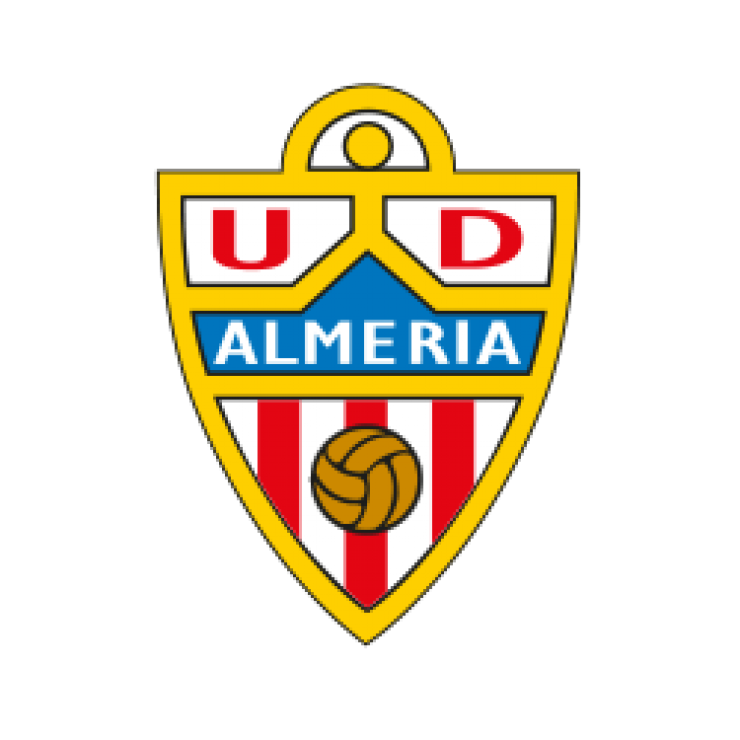Radovanović: "We have to die for our team-mate and give 110%"
The UD Almería centre-back expresses his total commitment to the team on the Club's official radio: 'We must fight together to get closer to league survival. It may be the last chance.' The Serbian talks about his childhood during the Balkans War: 'When I was little, I played football in the street and we had to return home because of the sound of the war alarms.'
UD Almería central defender Aleksandar Radovanović spoke on the Club's official radio to express his adaptation and also on a more personal level, focus on how difficult his beginnings were during the Balkans war in the background. Regarding his welcome in Spain, the Serbian assured: 'There's a lot of work and dedication from all the members of the coaching staff and players who have helped me adapt to the team. They speak to me in English on the defensive line and that's very helpful to me to develop my game naturally and be myself.'
'I feel very good here, it's incredible to be in this city, in this Club and in the Spanish LaLiga,' he added.
Although the Serbian has only been part of UD Almería for a short time, he has already earned the affection of all the people for his hierarchy in the Almeria defence. 'In my home country, defence is played in a simple way. It consists of providing security and here what they've asked me for is to play easy, show stability and be reliable. I feel very comfortable like this because it's what I've always done,' he explained.
The 30-year-old footballer sent a clear message to the UD Almería fans and called for total unity: 'I reckon we're on time, but this may be the last opportunity that takes us closer to that safety zone. All of us are aware of it and we've got the ability to do it. We must start playing as a family, we must die for our team-mate and give 110%. I don't know if it'll be enough, but at least, we'll fight it and we'll do it together.'
Radovanović also spoke about his beginnings during the Balkans war tha ended in 1995: 'I started playing football very early. I played in the street because it was extremely difficult to do it in academies and since it was war time, the alarms went off and we had to return home, but I wss always playing with the football.'
To conclude his interview with the Club's official media, the Šabac-born explained the tattoo that he has on his neck and that is so visible: 'I've had it for 7 years. It's an Orthodox cross that represents the faith of Serbia. We have fought a lot for our traditions and it's on my neck because it represents my faith and my strength.'
